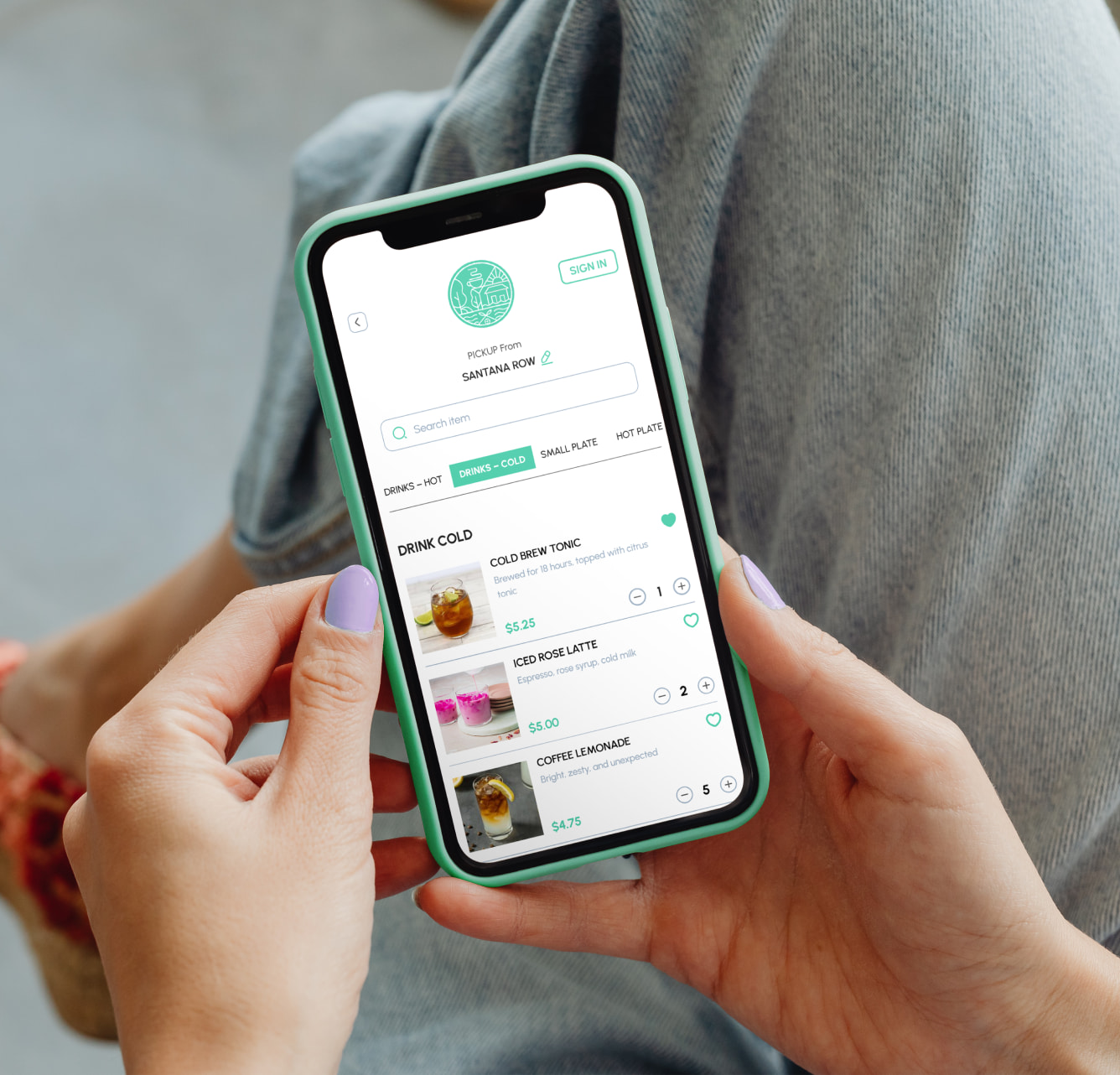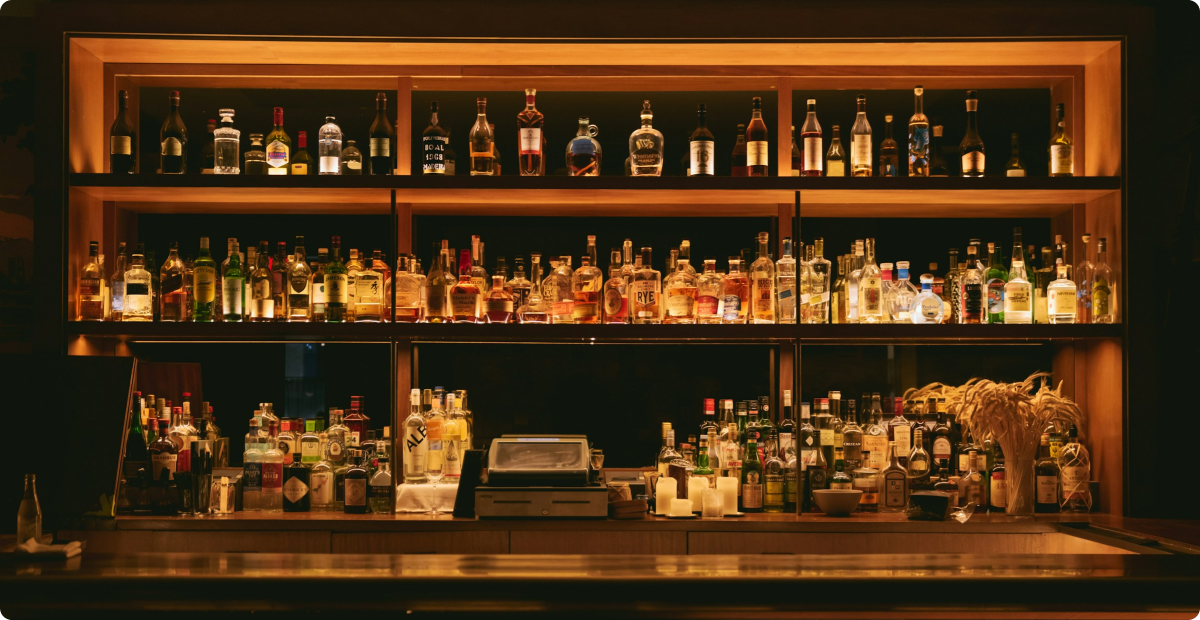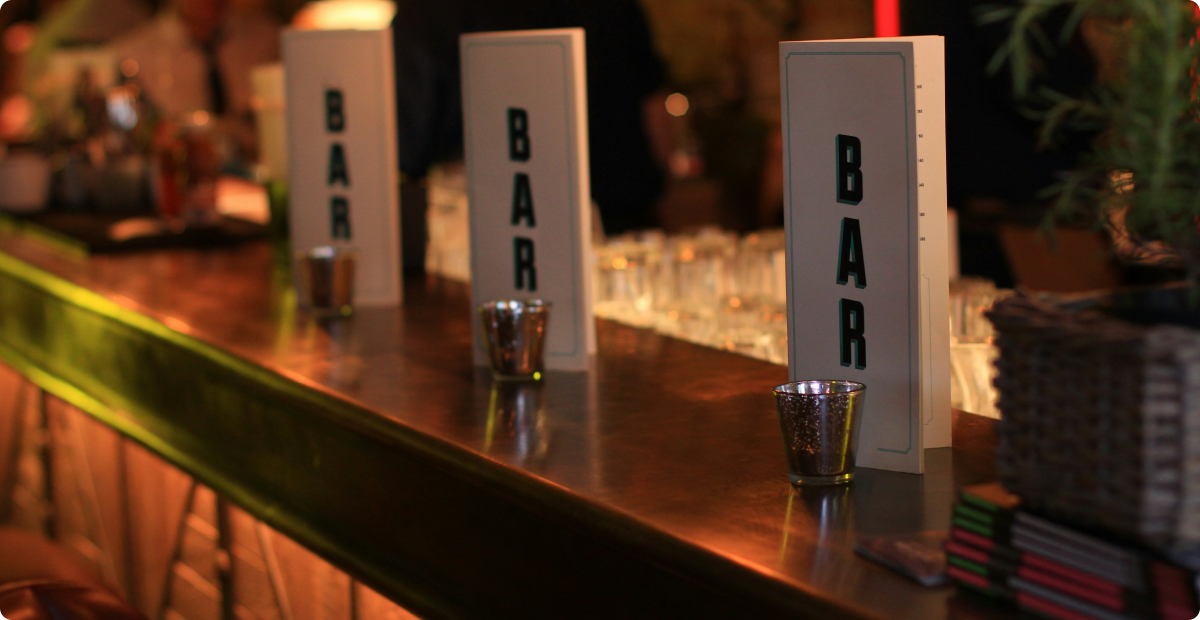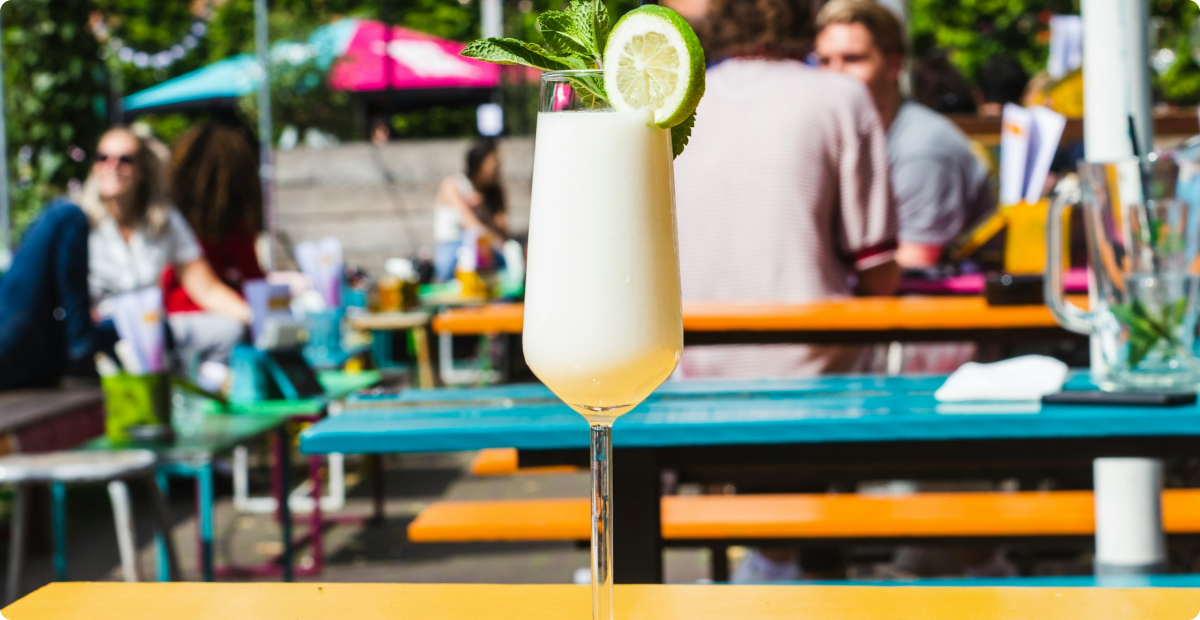Key Takeaways
- Delaware offers six different types of liquor licenses tailored to specific business needs, from retail stores and restaurants to breweries and special events, ensuring you can find the right permit for your alcohol-selling venture.
- Expect to budget between $500 to $3,000 for your liquor license depending on your business type, with restaurant and retail licenses typically costing $1,000-$1,500 annually while brewery licenses can reach $3,000.
- The application process requires extensive documentation including business registration, property proof, background checks, and zoning permits, followed by inspections and community approval that can take 3-12 months to complete.
- Maintaining your license demands strict compliance with age restrictions, serving hours, employee training, and health codes, as violations can result in fines up to $50,000 or complete license revocation.
Liquor License in Delaware: A Complete Guide
If you're planning to open a bar, restaurant, liquor store, or any business that involves selling alcohol in Delaware, obtaining a liquor license is a crucial step. Every state has specific regulations, fees, and compliance requirements, and this guide will help you navigate the process smoothly.
Types of Liquor Licenses in Delaware
Liquor licenses are categorized based on the type of business and alcohol distribution. Common types include:
- Retail Liquor License – Required for selling alcohol to consumers for off-premises consumption (liquor stores, grocery stores).
- Restaurant Liquor License – Allows restaurants to serve alcohol with food purchases.
- Bar or Tavern License – For establishments primarily serving alcohol.
- Brewery, Winery, or Distillery License – For businesses producing alcoholic beverages.
- Catering or Special Event License – Temporary permits for alcohol service at events.
- Wholesale Liquor License – For businesses that distribute alcohol to retailers.
Cost of a Liquor License in Delaware
Liquor license fees vary based on the type of license, location, and business size. Here’s a general estimate for Delaware:
- Retail Liquor License: Estimated cost: $1,000 – $1,500
- Restaurant Liquor License: Estimated annual cost: $1,000 – $1,500 (varies by location and alcohol sales percentage).
- Bar or Tavern License: Estimated cost: $1,000 – $2,000 (varies based on quota system, city, and capacity).
- Brewery/Winery License: Estimated cost: $2,000 – $3,000 (based on production capacity and state regulations).
- Catering/Special Event License: Estimated cost: $500 – $1,000 per event (depends on event size and duration).
- Wholesale Liquor License: Estimated annual cost: $2,000 – $3,000 (varies based on distribution scale and state policies).
Note: Costs fluctuate based on state quotas, local demand, and municipality fees. Some states use an auction system for highly sought-after licenses, which can drive up costs.
How to Apply for a Liquor License in Delaware
Applying for a liquor license involves several steps. Here’s is the official link to apply for the license and what are the steps you need to do:
- Research Local Requirements – Check your state’s Alcoholic Beverage Control (ABC) board website for specific laws.
- Choose the Right License Type – Select the correct license based on your business model.
- Prepare Required Documents:
- Business registration and tax ID.
- Proof of lease or property ownership.
- Background checks of business owners.
- Zoning permits (some areas may restrict alcohol sales).
- Health and safety permits.
- Submit Application & Pay Fees – Applications are submitted through the state’s liquor control board or licensing agency.
- Public Notice & Community Approval – Some states require businesses to post public notices or obtain community approval.
- Inspection & Compliance Check – Officials may inspect your premises before granting the license.
- License Approval & Issuance – Once approved, you’ll receive your liquor license, allowing you to legally sell alcohol.
Regulations & Compliance Requirements
To maintain compliance with Delaware liquor laws, businesses must adhere to:
- Age Restrictions – Only sell alcohol to individuals over 21 years old.
- Serving Hours – Most states restrict alcohol sales between certain hours (e.g., no alcohol sales after 2 AM).
- Employee Training – Staff must complete Responsible Beverage Service (RBS) training in some states.
- Zoning Laws – Some areas prohibit liquor sales near schools, religious institutions, or residential neighborhoods.
- Health & Safety Codes – Maintain sanitary conditions for serving alcohol.
- Tax Reporting – File alcohol sales taxes as required.
Liquor License Renewal & Penalties
Most liquor licenses require annual renewal with additional fees. Businesses failing to comply with regulations risk:
- License Suspension or Revocation – Selling alcohol to minors, violating serving hours, or exceeding permitted sales limits can lead to severe penalties.
- Heavy Fines – Non-compliance can result in fines ranging from $500 to $50,000, depending on the violation.
- Criminal Charges – Severe offenses may lead to legal action against business owners.
Common Challenges in Obtaining a Liquor License
Getting a liquor license can be complex due to:
- High Costs & Limited Availability – Many states have a quota system, limiting the number of licenses.
- Lengthy Approval Process – Applications can take 3-12 months for approval.
- Community Objections – Some neighborhoods oppose new liquor-selling businesses.
- Strict Regulations – Failure to meet health and safety codes can lead to rejections.
Conclusion
Obtaining a liquor license in Delaware requires careful planning, adherence to regulations, and understanding of costs. It’s essential to research state laws, prepare the necessary documentation, and follow the correct application process to ensure a smooth licensing experience.
Disclaimer:
This article provides general information and should not be considered legal advice. Liquor license laws vary by state and municipality. Consult your local Alcoholic Beverage Control (ABC) Board or a legal expert for specific guidance on licensing in Delaware.
Frequently Asked Questions
Liquor license costs in Delaware range from $500-$3,000 depending on the type. Restaurant licenses cost $1,000-$1,500 annually, while bar/tavern licenses range from $1,000-$2,000. Costs vary based on location, business size, quota systems, and local municipality fees.
You'll need business registration and tax ID, proof of lease or property ownership, background checks for all business owners, zoning permits, and health and safety permits. Make sure to research your local ABC board requirements first, as some areas may have additional documentation requirements.
The approval process typically takes 3-12 months from application submission to license issuance. This includes time for document review, public notice periods, community approval processes, premises inspections, and final compliance checks by state officials.
You must only sell alcohol to individuals over 21, adhere to serving hour restrictions (typically no sales after 2 AM), maintain health and safety codes, file required alcohol sales taxes, and ensure staff complete Responsible Beverage Service training. Violations can result in fines from $500-$50,000 or license revocation.
Most liquor licenses require annual renewal with additional fees. Non-compliance can lead to license suspension or revocation, heavy fines ranging from $500-$50,000, and potential criminal charges for severe offenses like selling to minors or violating serving hours.


.gif)

.png)
.png)
.png)
.png)



